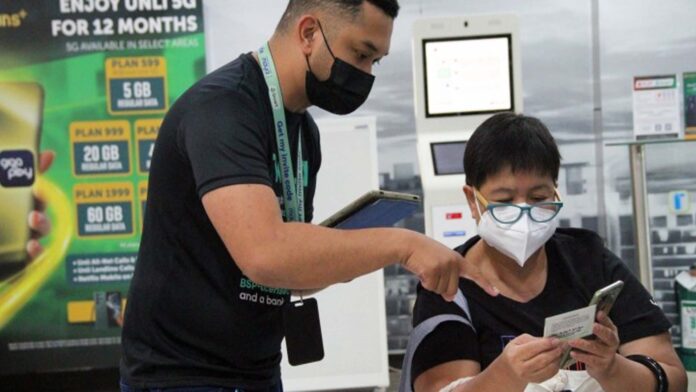A lawmaker on Tuesday called on the National Telecommunications Commission (NTC) and public telecommunications entities (PTEs) to set up more registration booths or assistance desks in a last-ditch joint effort to make Filipinos register over 100 million SIM (subscriber identity module) cards before the April 26 deadline.
Camarines Sur Rep. Luis Raymund Villafuerte said the government and the PTEs have to go full-blast on their registration drives after Holy Week, as he cited the latest survey results by the Social Weather Stations (SWS) that 55 percent of Filipinos knew just recently that the sign-up was mandatory.
“It’s possible that many SIM card owners have not signed up yet because even if they know that the sign-up is a deterrent to crime, they are probably clueless that the registration is mandatory, or that they would no longer be able to use their unregistered SIM cards because the government would deactivate them by April 27,” Villafuerte said.
Citing data from the NTC website as of Sunday, he said a total of 57.19 million SIM cards have been registered with the three PTEs, which is just 34 percent of an estimated 168.977 million SIMs nationwide.
He said owners of deactivated SIMs would no longer be able to make and receive calls or access their SIMs’ data services and online connectivity, preventing them from accessing websites or using applications that require an internet connection.
He added that owners of deactivated SIMs could no longer access their one-time password (OTP), which is a security feature in banking and media applications and other online platforms.
Villafuerte said the NTC and PTEs have to get the support of local government units (LGUs), particularly those in far-flung communities with weak internet connection, to put up registration booths.
“One way to accelerate the registration process this last registration month is for local executives to help the PTEs, DICT (Department of Information and Communications Technology), NTC and other concerned sectors establish more off-site centers where people can sign up, especially in places with limited Internet or telecommunication access,” Villafuerte said.
He said local executives could play a more active part in ensuring the success of the SIM registration process in the same way that local governments have had a lead role in the Covid-19 vaccination rollout in their respective localities.
He noted that the DICT could also extend the four-month registration period by another 120 days or four months, if necessary.
“Otherwise, the government will have to extend the four-month deadline if it wants to record in the system as many numbers possible from the total SIM cards in the country whose owners have yet to register,” he said. (PNA)


